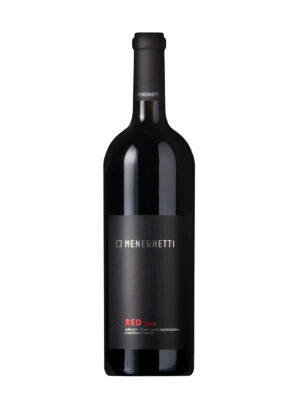Wine or Wannabe? Truth Behind Alcohol-Free Wine
What is Alcohol-Free Wine?
There is no wine without alcohol. There is only the wine from which the alcohol has been removed.
The procedure by which this is achieved has been known for a long time. In fact, there are three methods used to produce alcohol-free wine:
- Vacuum Distillation: This method involves placing the wine in a vacuum chamber, lowering the pressure, and heating it at a lower temperature to evaporate the alcohol.
- Reverse Osmosis: The wine is passed through a special membrane separating alcohol and other volatile compounds from the remaining liquid. The alcohol is removed, and the remaining compounds are combined back into the mixture.
- Spinning Cone Column: This technique uses a spinning cone column to separate alcohol from the wine. The wine is heated and subjected to high-speed centrifugal forces.
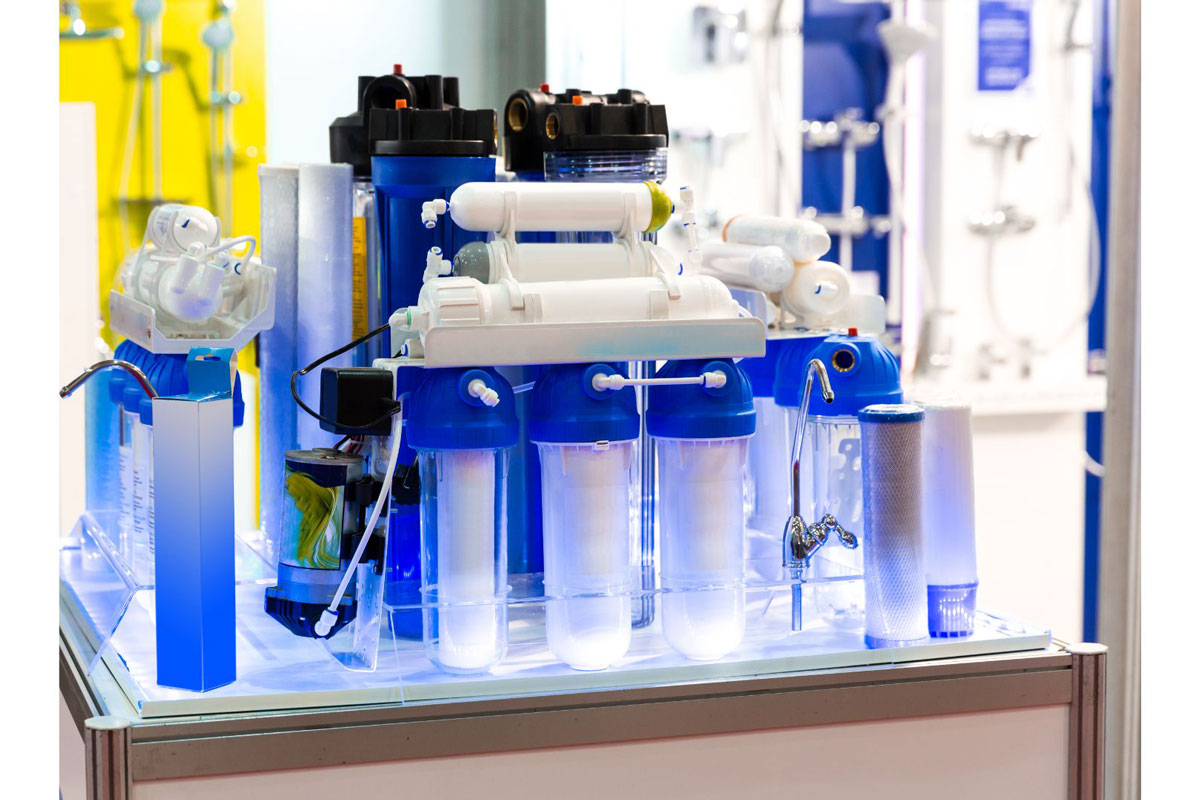
No winemaker in the world would use any described processes if they could avoid it. The very existence of non-alcoholic wine represents an abomination irrelevant to wine.
It represents manipulation. Disassembling the wine into its component parts and reconstructing it again. Such wine is anaesthetised, technical, and unnatural.
It is also utterly unnecessary, almost like the so-called “blue wine”. It is a complete alienation from what is essential.
Why Would You Need a Non-Alcoholic Wine?
We consume wine for the sake of enjoyment. To maximise experience at the table, for example. In this, as in everything, there should be moderation. But we certainly do not consume wine because of alcohol. However, alcohol is a natural result of fermentation and fermentation is the very definition of wine.
Alcohol in wine is not only a “necessary evil” but also a critical “structural component” of every wine, along with the residual sugar (dryness), acids and tannins. This is not called structure for no reason.
If you’re consuming wine to get drunk, I can recommend a bunch of more efficient ways to accomplish that goal.
Suppose you can’t control yourself and absorb a normal amount of wine. In that case, you are either culturally conditioned and should avoid wine anyway or have a bigger problem than the percentage of alcohol in the wine. A new market category could not solve this problem, but going to a psychiatrist or a rehab facility.
Non-alcoholic wine is not even worth scoffing at. In fact, it’s deeply troubling. In a “Where is this world going?” kind of question.
Because, no true wine lover will ever accept that crap. Just as they will never drink wine from a plastic bag, from an aluminium can, in powder, etc.
People like to deceive themselves. There are many examples of fake food and the like—E-cigarettes instead of tobacco, etc.
If you are an addict, addiction replacement cannot help you. It can only create a new addiction. You should investigate why you are an addict in the first place.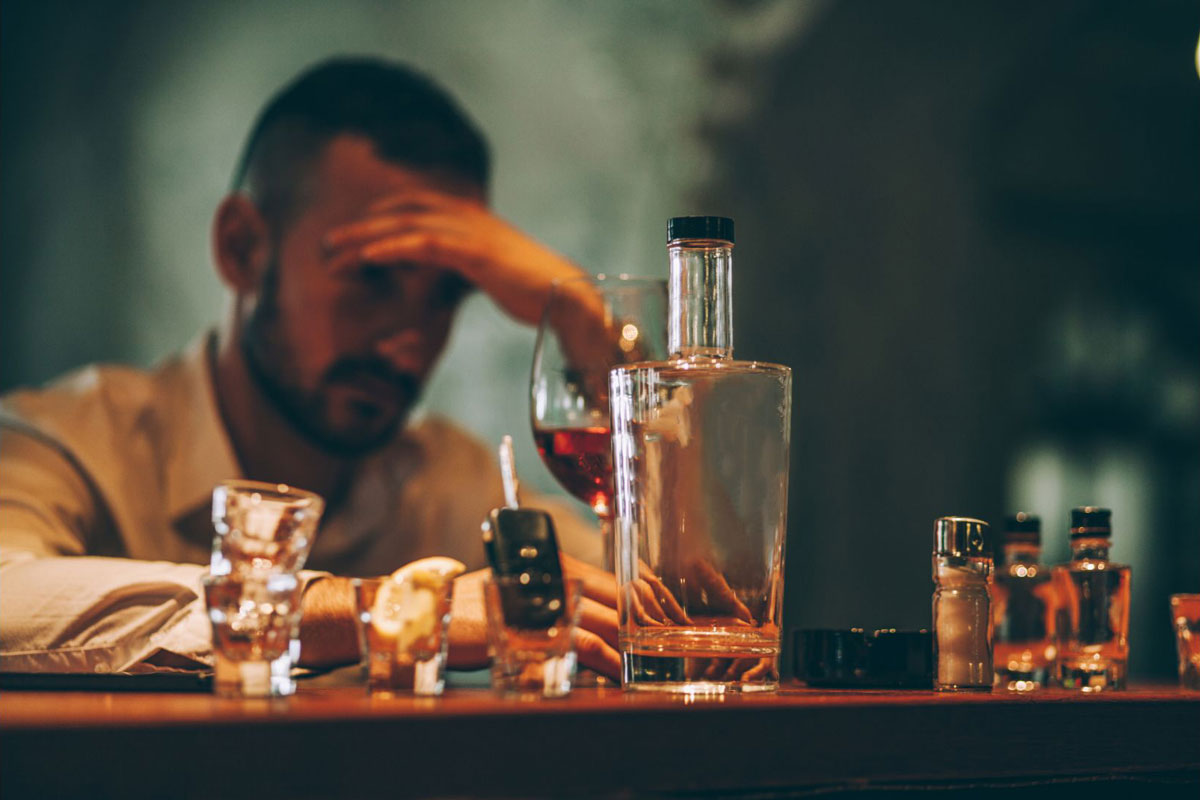
However, real wine lovers are not addicted to drunkenness but to the information they get from wine and will never or almost never get into a situation of alcoholism. Non-alcoholic wine is completely unnecessary for them.
True wine enables something that people have apparently forgotten. A sense of place. Probably no other drink known to man does that as convincing as wine does.
What I seek in wine is a unique character, a “raison d’etre” that cannot be replicated with all the money and technology in the world. Not if you plant the vineyard on the Moon, and especially not then, actually.
What I would like to taste is pre-phylloxera wine. I am interested in what Bordeaux was like before the European vine was grafted onto the American rootstock. I am interested in what kind of wine Pliny the Elder drank when describing the legendary Falernian. I’m interested in culture, not children’s bubbly.
Can Alcohol-Free Wine Give You a Headache?
This question gives me a headache 🙂
Headaches are caused by dehydration caused by excessive alcohol consumption or toxic compounds from industrially processed food or wine, for instance. The presence of certain compounds and individual sensitivity to these substances could cause headaches as well.
Alcohol-related headaches could easily be prevented by consuming water and thus hydrating yourself.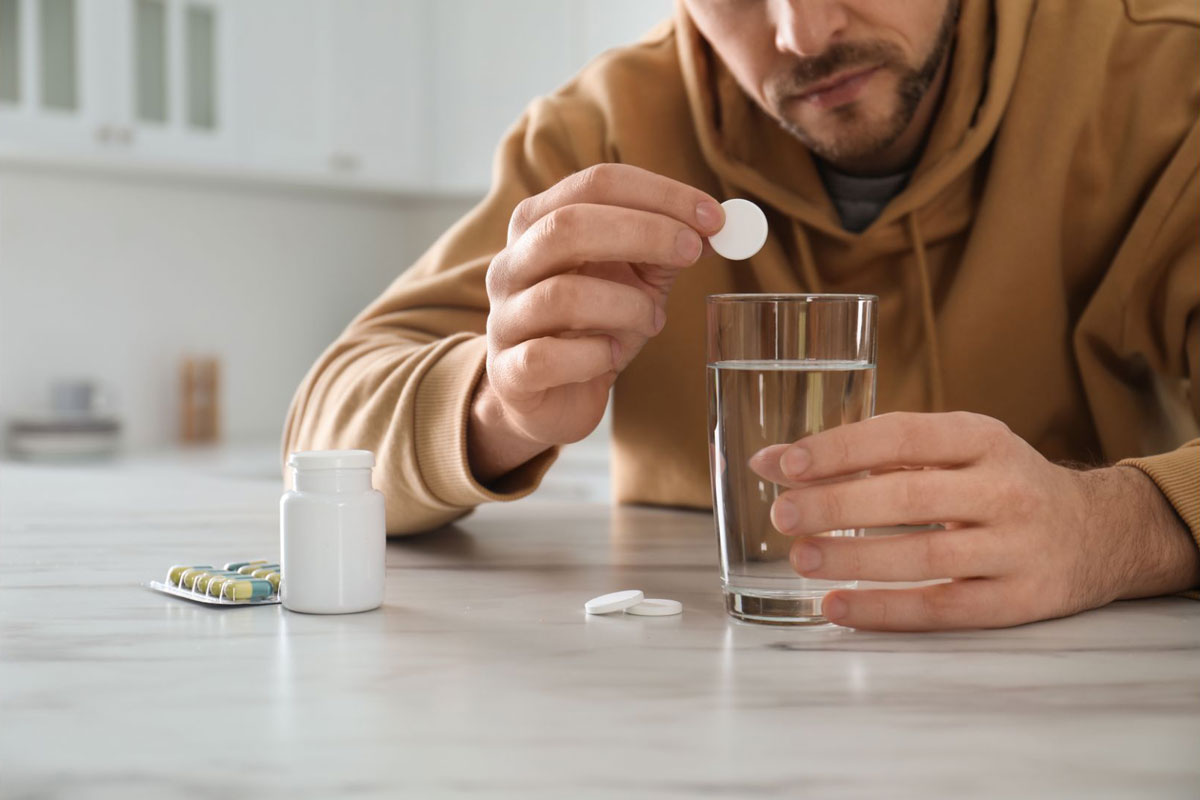
Headaches can occur after consuming alcohol-free wine due to other factors such as:
- Sulfites: Sulfites are natural or added preservatives found in many wines, including “alcohol-free wines”. Most people are not sensitive to sulfites enough to cause them headaches.
- Histamines: Again, some individuals may be sensitive to these compounds. Histamines can contribute to headaches and other allergic reactions.
- Personal Sensitivities: Each person’s body chemistry and tolerance vary and are not constant either. Therefore, some individuals may have specific sensitivities to certain ingredients or compounds.
Can Alcohol-Free Wine Make You Drunk?
No wine can get you drunk, you can only bring yourself into a state of alcohol intoxication. I’m not being a smart-ass; just stating that drunkness could be easily avoided. In Croatia, we have a saying that roughly translates to: “Don’t drink if it hurts you”.
Body weight, metabolism, and concurrent consumption of other alcoholic or sedating substances can influence how your body responds to even trace amounts of alcohol, or other substances.
Alcohol-free wines typically contain less than 0.5% alcohol by volume (ABV). At such low levels, it is doubtful that alcohol-free wine will make you drunk.
Again, it’s important to note that everyone’s body can react differently to substances, and individual tolerance or sensitivity to alcohol also varies. Some individuals may be more sensitive to even small amounts of alcohol, and consuming alcohol-free wine in large quantities could potentially lead to an intoxicating effect.
Is Alcohol-Free Wine Healthy?
I don’t know how many contradictory scientists and scientific studies are needed to understand what European civilisation has already known for thousands of years. Real wine, like any real food, has a beneficial effect on a healthy body.
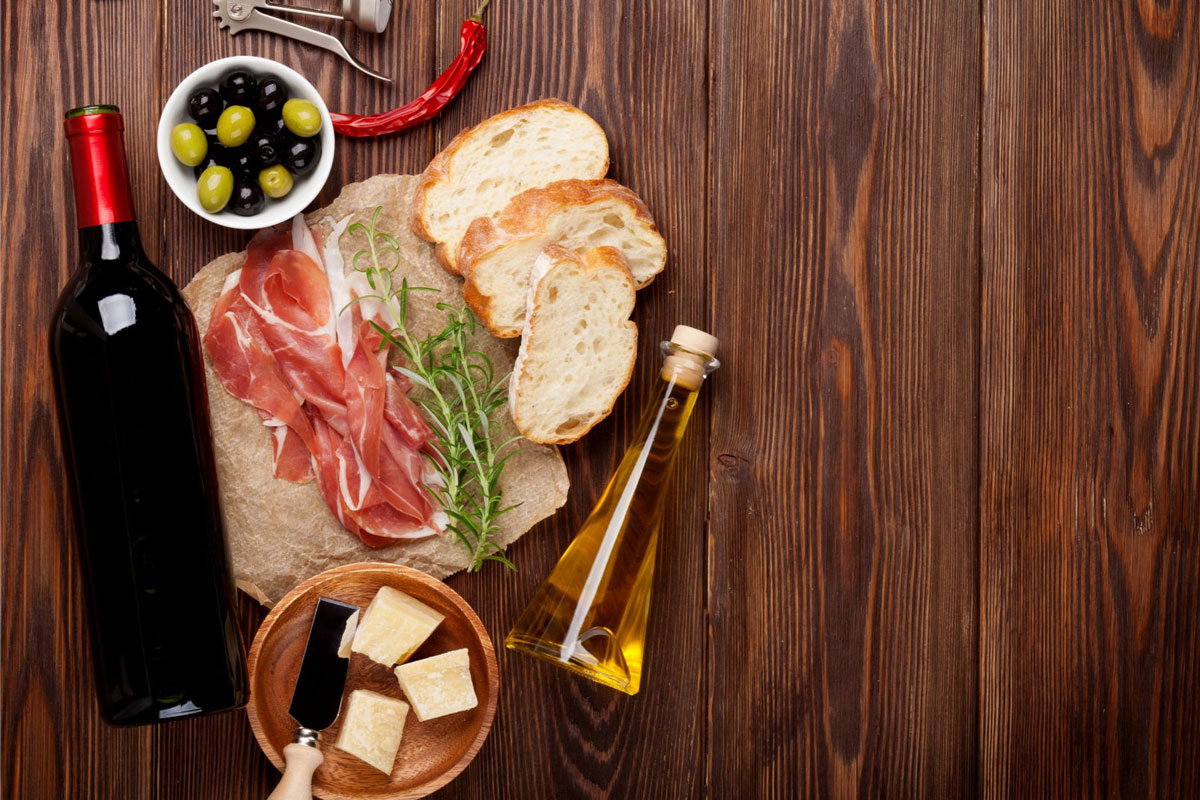
As a rule, unhealthy effects arise from misuse. Similar to what would occur if you were to overdo the consumption of apple juice, for example.
Here are some more points to consider:
- Antioxidant Content: Antioxidants derived from grapes, such as resveratrol, have been associated with potential health benefits, including cardiovascular protection and anti-inflammatory effects. I wonder how the technical process of removing alcohol influences the antioxidant content…
- Lower Calorie Content: Why does this remind me of low-fat milk?
- Potential Sugar Content: Some alcohol-free wines may have higher sugar content to compensate for the absence of alcohol. And why does that remind me of sugar-free Cola drinks?
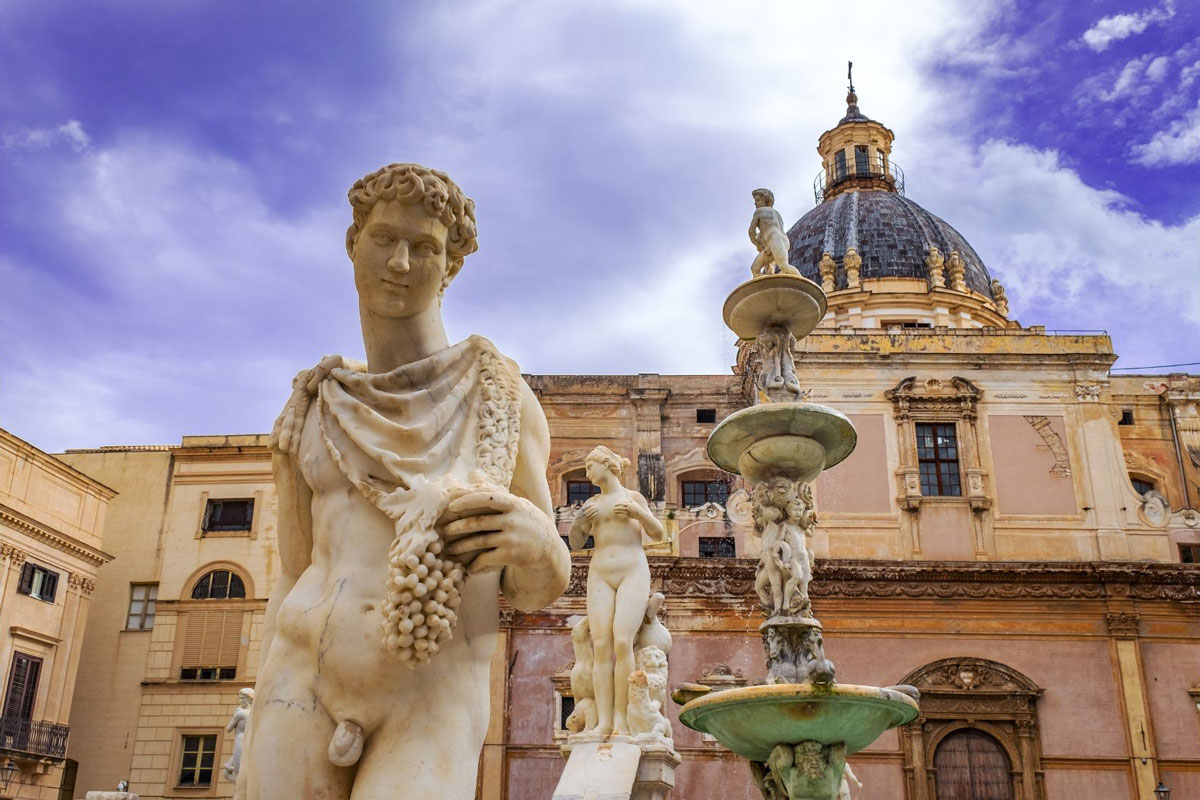
What Alcohol-Free Wine Tastes Like Wine?
Neither. And all of them, if wine is just another gulp for you.
While I might not be able to recognise and distinguish which wine is non-alcoholic blindly, I would recognise it as a shitty wine that I don’t want to waste my time on.
Can some serious winemaker try to trick me and remove the alcohol from his terroir wine to prove me wrong? We’ll never know because it will never happen 🙂
As soon as the question of comparing wine and non-alcoholic wine arises, it is clear that the two are not the same thing.
I admit they could taste similar on a superficial level. Even the no-alcohol wine producer use the word “mimic” in their description: “Alcohol-free wine aims to mimic the taste and flavour profile of traditional wine, allowing individuals who choose not to consume alcohol to enjoy a similar sensory experience still.”
Alcohol-Free Wine vs Grape Juice
Any fermented fruit is also called wine. There are blackberry wines, raspberry wines, strawberry wines, and wines from any fruit. Neither achieves such complexity as the fermented grape achieves. Fermentation itself is the conversion of sugars from fruit into alcohol.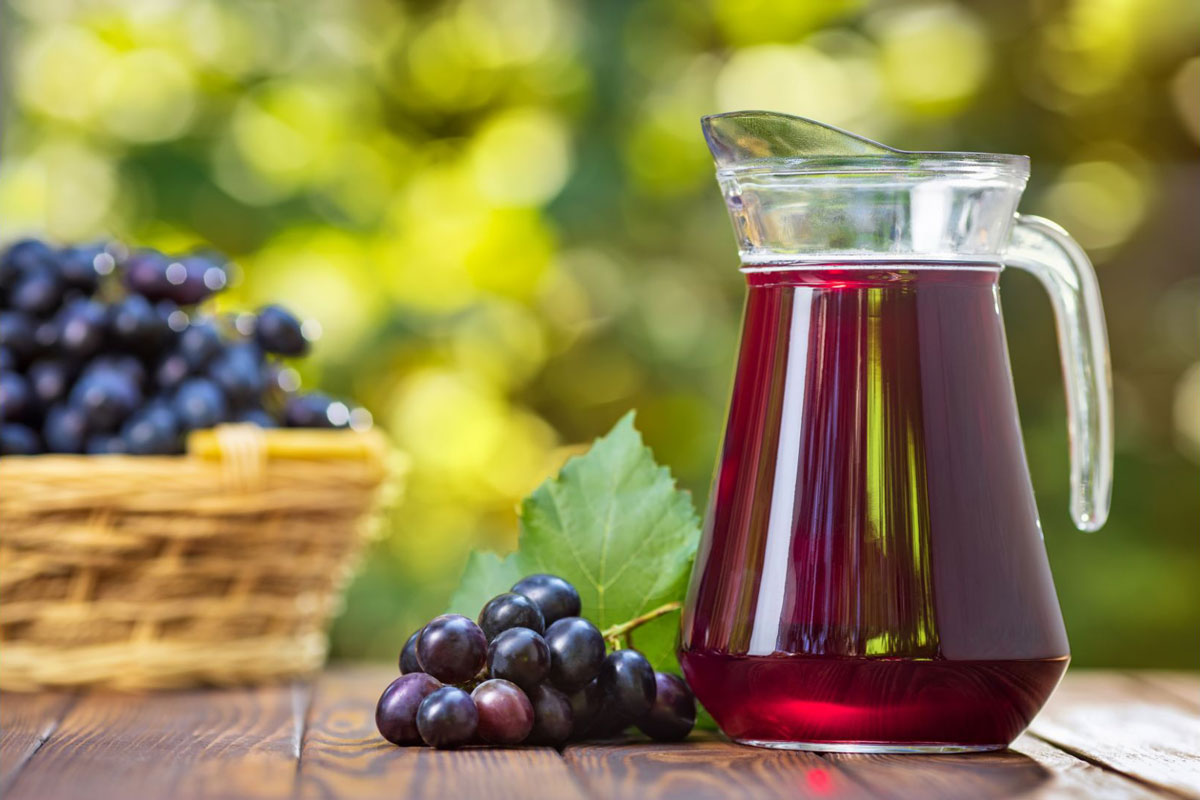
Wine is wine. Everything else is products aimed at manipulating customers. Please, do you have non-alcoholic, sugar-free and sulphur-free wine? Sure. As soon as we grow grapes without sugar, we will ferment them in the laboratory using as-yet-undiscovered techniques. It might not be much of a wine, but you’ll be safe.
Admittedly, it is amusing to set up this comparison to illustrate the level of manipulation with alcohol-free wine. Grape juice is pressed grapes that could be preserved to remain grape juice. Alcohol-free wine is a wine created by fermentation of grapes (hopefully), from which subsequent technological procedures have removed the alcohol. But they have also removed all the life from it, if it had any to begin with.
Is Alcohol-Free Wine any good?
Yes, if you want to believe ordered and paid for “scientific studies”. The logic is there, people believe that some mass-produced wine is healthy, but alcohol is problematic!?. Well, we will easily persuade everybody that this same wine that is already completely artificial, is now additionally “healthy” because the alcohol has been removed from it, and by the most ferocious manipulation.
In the end, the consumer is manipulated even more than the wine.
Target markets for alcohol-free wine are pregnant women and anyone who does not consume alcohol for religious or health reasons.
I cannot speak for any of these groups. I wonder why somebody who is not consuming alcohol for religious reasons now starts to drink non-alcoholic wine, though.
Conclusion
All trends are market manipulated to such an extent that they kill the initial idea. The trend of healthy living is a beautiful thing. On every step, this healthy need is horribly abused against consumers.
If you still believe that low-fat yoghurt is healthier than yoghurt with a standard quality level of milk fat, or if you still believe that Coca-Cola Zero is healthier than regular, then you will also believe that non-alcoholic wine is in line with the trend of healthy living.
Instead of making wine lovers into addicts, alcohol is naturally present in wine to prevent us from gorging ourselves beyond what we deserve.
And we certainly deserve better than over-manipulated wine.



